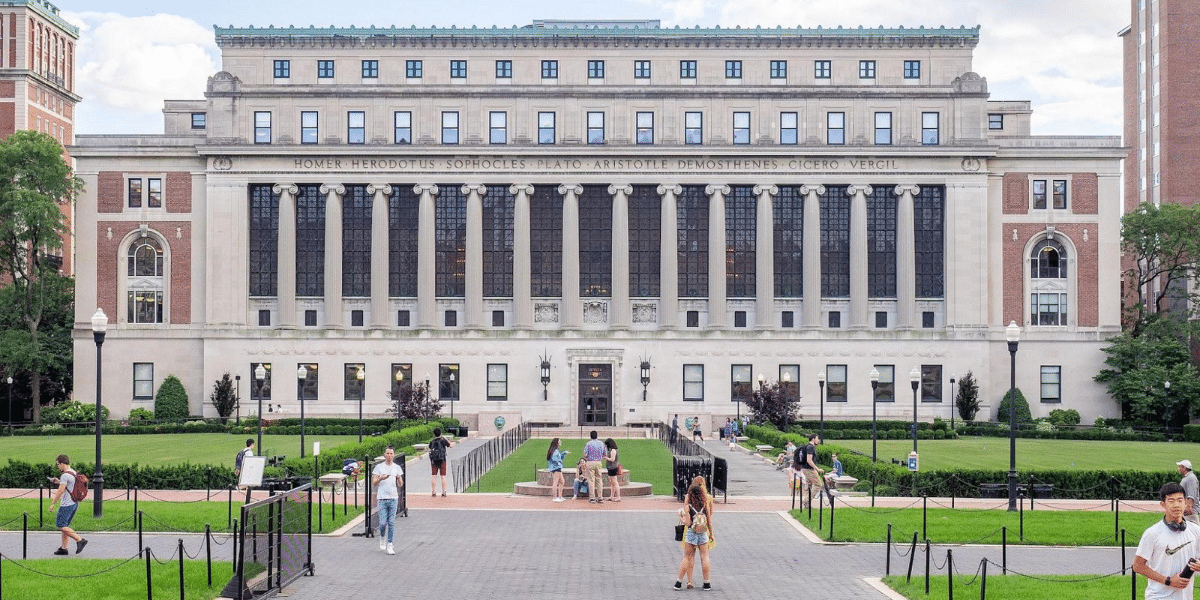Dystopian films, characterized by their bleak and often oppressive portrayals of the future, enjoyed a surge in popularity during the 2010s. From gritty post-apocalyptic landscapes to totalitarian regimes and existential threats, these films captured the imaginations of audiences around the world. But what exactly fueled the popularity of dystopian cinema during this decade?
Reflection of Societal Anxieties
One of the primary reasons for the popularity of dystopian films in the 2010s is their ability to tap into and reflect societal anxieties and concerns. As the decade unfolded, global events such as economic instability, political unrest, and environmental degradation fueled fears about the future. Dystopian films served as a mirror to these anxieties, offering audiences a way to explore and confront their deepest fears about the direction of society.
Exploration of Complex Themes
Dystopian films are known for their exploration of complex themes such as power, control, and the human condition. By presenting exaggerated visions of the future, these films invite audiences to ponder existential questions about the nature of humanity and the consequences of our actions. Whether it’s examining the dangers of unchecked technological advancement or the fragility of democracy in the face of authoritarianism, dystopian films provide a platform for thought-provoking discussions about the world we live in.
Rise of Young Adult Dystopian Literature Adaptations
The 2010s saw a surge in the popularity of young adult dystopian literature, with series like “The Hunger Games,” “Divergent,” and “The Maze Runner” captivating readers of all ages. These books, which often featured strong teenage protagonists navigating oppressive societies, were quickly adapted into blockbuster films, further fueling interest in dystopian storytelling. The success of these adaptations helped to popularize the dystopian genre among mainstream audiences and cemented its status as a cultural phenomenon.
Visual Spectacle and Cinematic Grandeur
Dystopian films are known for their visual spectacle and cinematic grandeur, with filmmakers employing stunning visual effects and elaborate set designs to bring their dystopian worlds to life. From sprawling metropolises to desolate wastelands, these films transport audiences to immersive and awe-inspiring landscapes that linger in the imagination long after the credits roll. The combination of breathtaking visuals and epic storytelling makes dystopian films a feast for the senses and a must-see experience for moviegoers.
Escapism and Catharsis
In an increasingly uncertain and tumultuous world, dystopian films offer audiences a form of escapism and catharsis. By immersing themselves in fictional worlds filled with danger and intrigue, viewers can temporarily forget about their own worries and anxieties. Additionally, dystopian films often feature themes of resilience, courage, and hope in the face of adversity, providing audiences with a sense of empowerment and inspiration. In this way, dystopian cinema serves as both a form of entertainment and a source of comfort during troubled times.
Contrarian View: Criticisms and Challenges
Despite their popularity, dystopian films have faced criticism for their sometimes bleak and nihilistic portrayals of the future. Critics argue that these films can perpetuate feelings of despair and hopelessness, particularly among younger audiences who may be more susceptible to their impact. Additionally, some critics have raised concerns about the lack of diversity and representation within the dystopian genre, with many films featuring predominantly white, heterosexual, and male protagonists.
Looking Ahead: The Future of Dystopian Cinema
As we look to the future, the popularity of dystopian cinema shows no signs of slowing down. With advances in technology and storytelling techniques, filmmakers have more tools than ever to create immersive and visually stunning dystopian worlds. Additionally, as society grapples with ongoing challenges such as climate change, political instability, and technological disruption, the themes explored in dystopian films are likely to remain relevant and resonant for years to come. Whether it’s through cautionary tales about the dangers of unchecked power or visions of hope in the face of adversity, dystopian cinema will continue to captivate and inspire audiences for generations to come.








